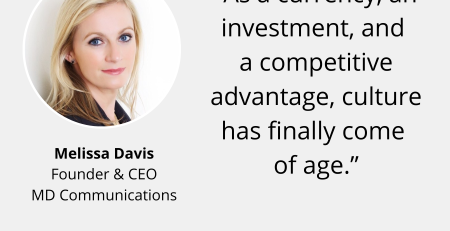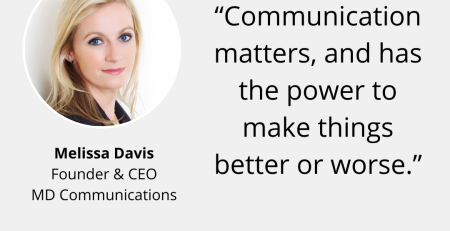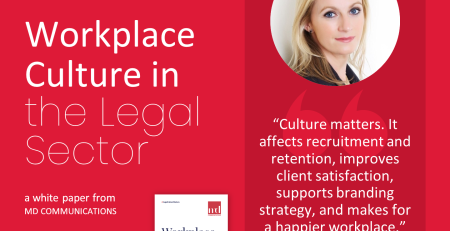How do you feel about feedback? Honestly now. Does it fill you with horror? Do you instantly reject anything that seems remotely like a criticism?
Don’t worry, if you do then you’re not alone. Of course, the thing about feedback is that it’s not just good for the person who is giving it but the person (or organisation) that it’s about too. You might find it painful to hear negatives but they are the starting point for changes that could lead to better things.
In this digital age, feedback doesn’t have to be just something that we ask for from clients once a year. Instead, it can be a constant stream of comment via digital sources, such as social media. Of course, for many it remains something that we do internally with a slightly heavy heart or a simple tick-box exercise that no one really pays much attention to.
But I’ve come to the conclusion that feedback is actually one of the most important factors in organisational growth and a key process for securing high performance across the board. Here’s why:
Feedback creates awareness
For ambitious people there’s often nothing more motivating than being told you’re lagging a bit behind. Even if you’re not one of those “well, I’ll show you then” types, feedback ensures 360-degree awareness and that’s motivating.
If you’re talking about feedback from senior employee to junior (or vice versa) then the awareness is of the way that you interact with someone at a different level to you. If the feedback is client to firm then this provides an awareness of whether you are hitting the service targets you have promised.
Feedback accelerates higher levels of performance
Delivered and received in the right way, feedback is a huge opportunity to grow and evolve. If you take the hurt feelings or grumpiness out of it (come on I know we all feel a bit like that if it’s not a 100% glowing report), what you’re listening to is simply a list of ways to improve what you do – that’s useful and crucial to success.
Feedback-orientated firm culture tends to create a strong structure
If people aren’t encouraged to give feedback no one really knows how anyone else feels about a situation. That could be service delivery or it could be team interaction. Without that kind of honest openness mass departures, client attrition and personality clashes tend to come as a complete surprise and can’t be avoided.
I thought I would finish this feedback blog by quoting a Roll on Friday piece in which trainees – probably the least listened to group in law – talked about what they liked about their firms (I know, shocking). Some are rather amusing.
Of Freshfields, “very minimal backstabbing.”
Of Macfarlanes, “hungry and driven partners willing to roll up their sleeves instead of resting on their laurels.”
Of Herbert Smith Freehills, “[the partners] are really well-known and respected in the industry, and don’t treat you like a turd”.
Of Baker & McKenzie, partners are “(mostly) very human.”
How do you think your juniors would describe you?












